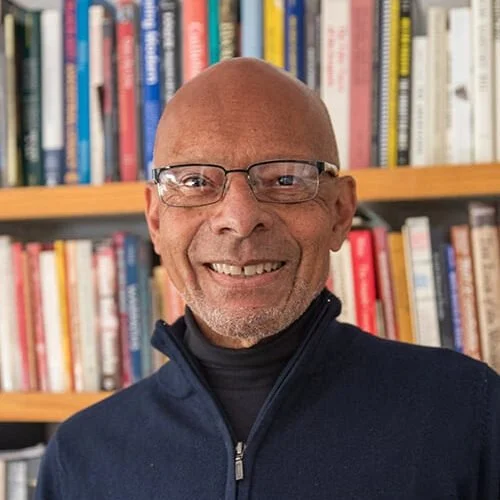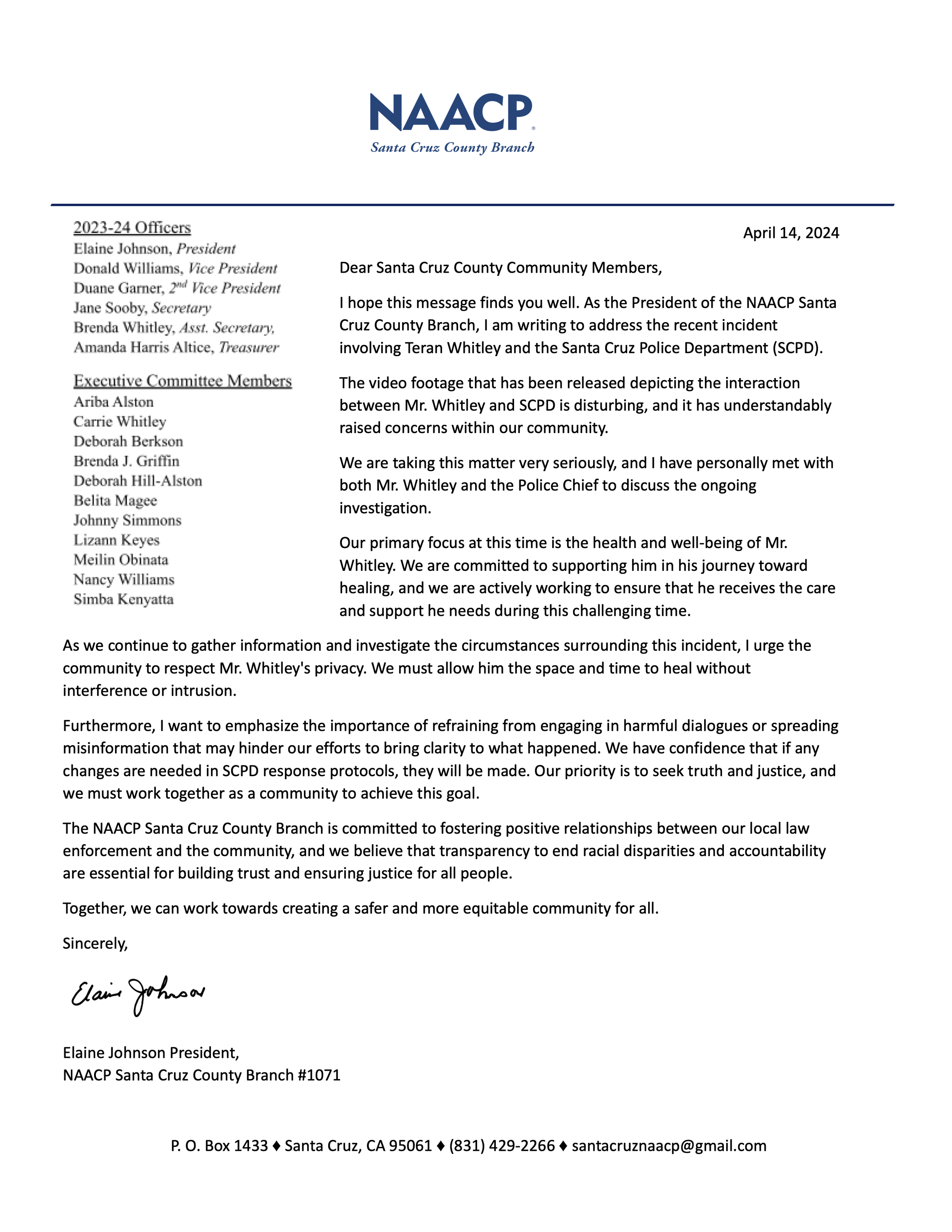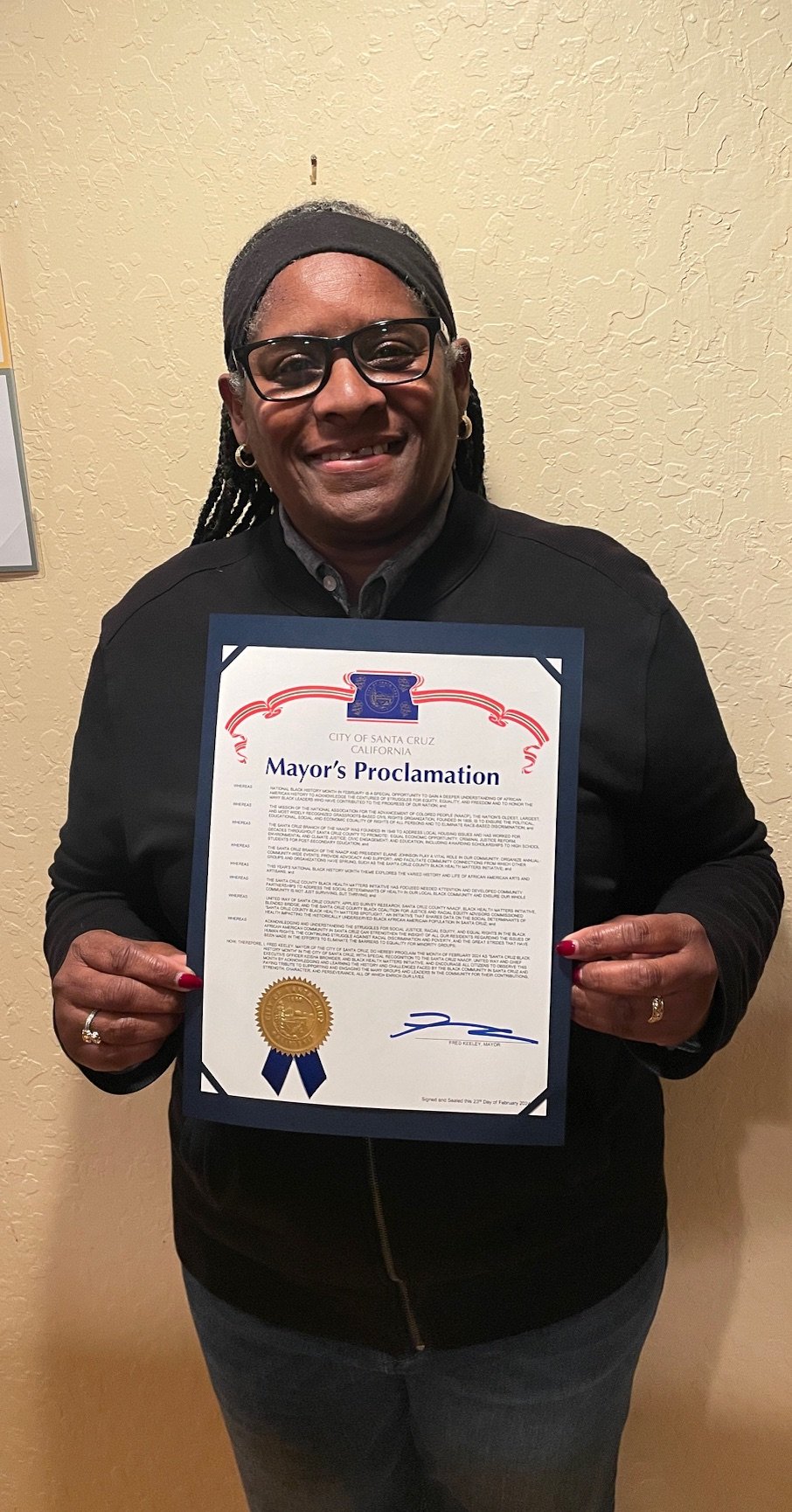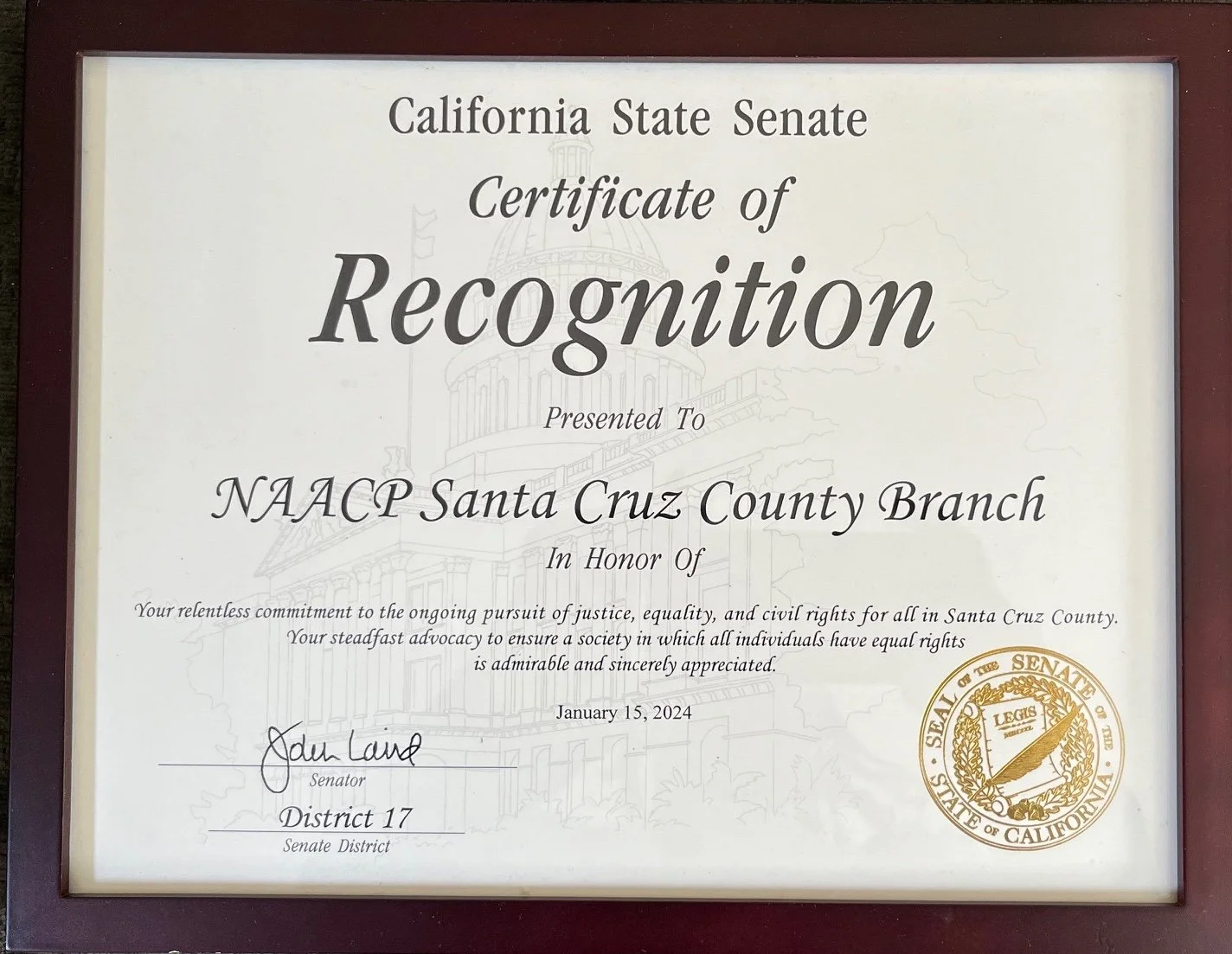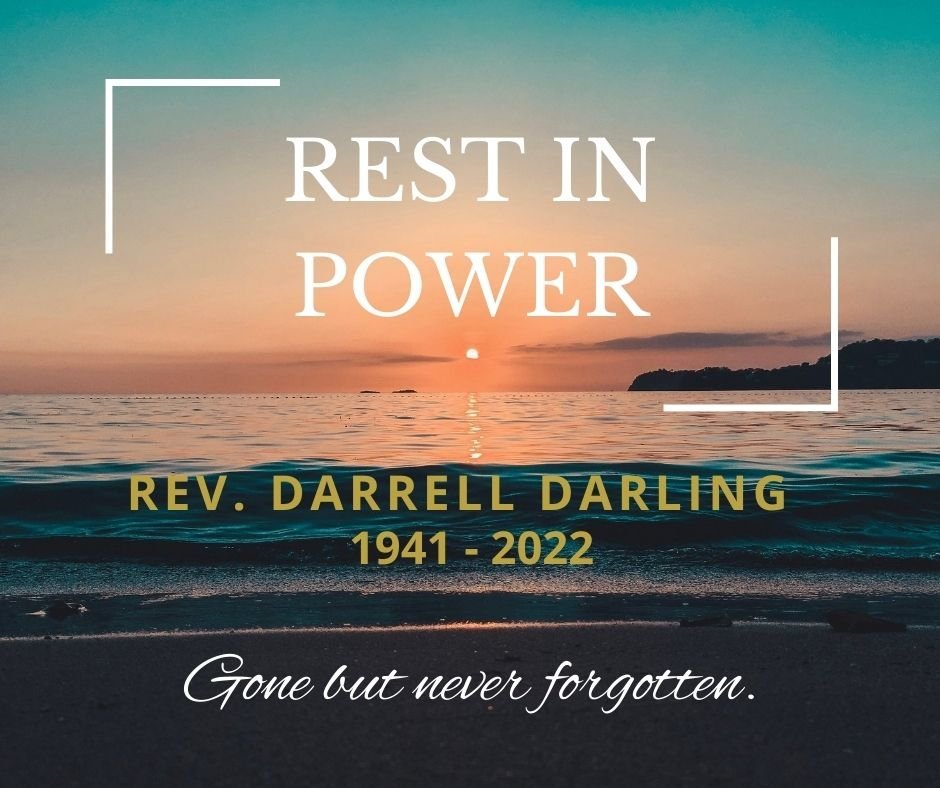*original article from County Office of Education and can be found here
Welcome to our dedicated space where we highlight the voices of our local leaders. Here, we share a collection of thoughtful perspectives, innovative ideas, and strategic visions that are driving positive change across our community. By bringing together the diverse opinions of those at the forefront of local leadership, we aim to foster a deeper understanding and stimulate meaningful conversations among our residents. Explore the insights that are shaping our community’s future, and join us in discussing the paths forward in various sectors, including education, healthcare, economic development, and more.
Schools play a pivotal role in shaping the next generation's understanding of racial justice and equity, integrating these essential themes across various subjects to foster a deep and comprehensive awareness. They are committed to creating inclusive environments where every student feels valued, understood, and empowered. By doing so, schools inspire students to be agents of change in building a more just and equitable society.
-Elaine Johnson, NAACP President, Santa Cruz Chapter
A Conversation with Elaine Johnson
-
It’s essential for young people of all racial identities to see themselves reflected in history because it shapes their sense of identity, belonging, and possibility. When students see their histories, cultures, and contributions represented, they understand that they are a vital part of the larger story. A diverse and accurate curriculum not only affirms their worth but also fosters empathy, broadens perspectives, and challenges stereotypes. Ensuring inclusive history education helps build a more just and informed society where all students feel valued and empowered to shape the future.
-
Several lessons from Black history remain deeply relevant today. The resilience and organizing power of the Civil Rights Movement provide a roadmap for current social justice efforts. The work of Martin Luther King Jr., the activism of Fannie Lou Hamer, and the economic empowerment strategies of figures like Madam C.J. Walker all connect to ongoing struggles for workers' rights, voting access, and economic justice. Additionally, lesser-told stories—such as the role of Black women in the suffrage movement or the impact of Black communities on environmental justice—offer powerful insights for students today.
-
One major misconception is that Black history begins with slavery and ends with the Civil Rights Movement. This narrative erases thousands of years of rich African history and the ongoing contributions of Black people today. Another gap is the lack of focus on Black joy, innovation, and leadership in fields like science, literature, and the arts. Educators can address this by integrating Black history across all subjects—not just in February—and using primary sources, oral histories, and contemporary voices to tell fuller, more accurate stories.
-
This theme is incredibly powerful because it highlights the vital yet often undervalued contributions of Black labor throughout history. From forced labor under slavery to the struggles of Black workers in labor unions, to today’s fights for fair wages and economic justice, the Black labor experience is deeply tied to the nation’s economic foundation. I’ve been reflecting on the resilience of Black workers and the continued importance of advocating for workplace equity, fair pay, and economic policies that uplift historically marginalized communities.
-
Start with humility and a willingness to learn alongside your students. You don’t have to have all the answers—just a commitment to truth and open dialogue. Create a safe space where students feel heard and valued, and use historical and contemporary resources to guide discussions. Collaborate with community organizations, attend professional development on racial literacy, and don’t shy away from difficult conversations. Education should challenge and inspire, and that includes reckoning with history honestly.
-
Schools should actively seek partnerships with organizations like the NAACP to bring in speakers, host workshops, and co-develop curriculum that reflects diverse perspectives. These partnerships can also help establish mentorship programs, provide advocacy training for students, and create policies that ensure racial equity in disciplinary actions, hiring practices, and resource allocation. Racial justice in education is not just about what’s taught in the classroom—it’s about creating a school culture that uplifts and affirms all students.
-
Students have incredible power. They can advocate for inclusive curricula, push for policies that ensure equity in school resources and discipline, and organize events that foster dialogue on racial justice. Joining or starting student-led organizations, participating in local government meetings, volunteering with advocacy groups are all meaningful ways to take action. Every movement for justice has been fueled by young people—history has proven that time and time again.
-
Schools must ensure that racial equity is not just a subject in the classroom but a value reflected in every aspect of school life. This means hiring diverse educators, addressing racial disparities in disciplinary actions, and providing safe spaces for students to discuss identity and belonging. It also means celebrating diverse cultures throughout the year, not just during designated months, and ensuring that all students feel valued and seen in their school community.
-
What gives me hope is the students themselves. They are more engaged, informed, and willing to demand change than ever before. I see young people using their voices to challenge injustice, educate their peers, and push for systemic change. I also see educators and community leaders stepping up to ensure that truth is not erased from the classroom. Progress may be slow, but history has shown us that collective action leads to real transformation. When we continue to educate, empower, and uplift, the future of racial equity in education remains bright.





